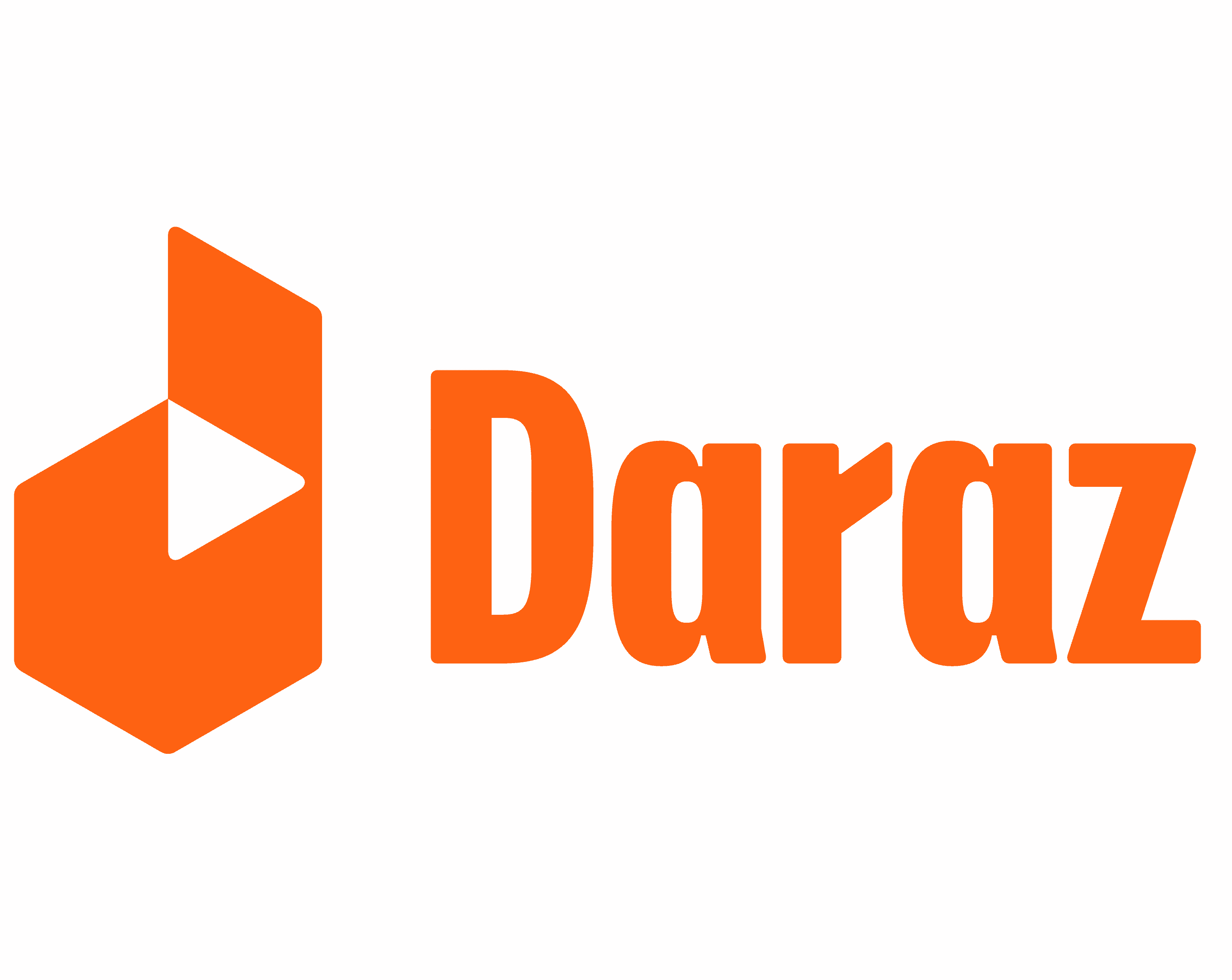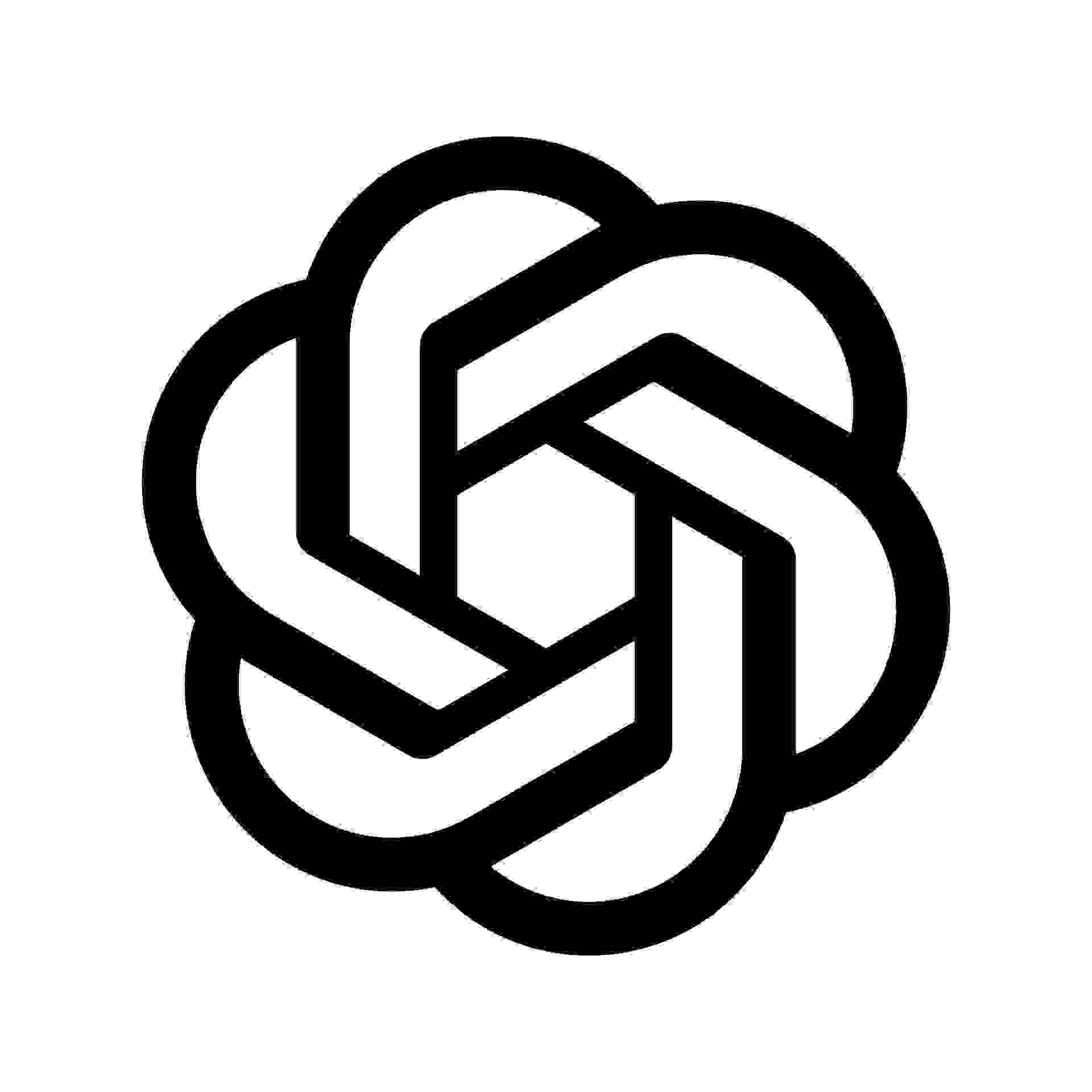Blockchain Technology: Beyond Cryptocurrency Applications
In this century, it is nearly impossible not to hear about the buzzword that is blockchain. Most people however associate blockchain with cryptocurrencies which are only one of its many applications. The architecture of blockchain itself makes it possible for this technology to address any problematic challenge in a myriad of sectors. On the other hand, The central characteristics of blockchain — transparency, security and decentralization — hold potential for tackling varied problems beyond just transactions.
What is Blockchain?
In simple words, blockchain is an advanced and democratic way to store and replicate data without change. Information in a blockchain is stored in blocks with some sort of the chronological link between them. A block contains one cryptographic hash of the previous block, time stamp and details of the transaction. It is the distributed nature of blockchain which dictates that the control of data is not within the hands of one organization and hence cannot be easily manipulated.
Blockchain in Supply Chain Management
One of the most effective ways of utilizing blockchain technology is through supply chains. A lot of the difficulties surrounding the 21st Century supply chain that usually employs multiple countries is the traceability from where goods originate to where they are shipped rout. History shows incredible complexity of solving such issues that due to nature of the business blockchain technology is able to accomplish the impossible.
For instance, the Food Trust Blockchain model developed by IBM assists users in monitoring the history related to particular products from the point of harvest. It is a critical feature since it allows for effective and rapid tracking of contamination sources in case people consume the harvested products and contract illnesses.
Blockchain in Healthcare
Blockchain technology is expanding its range of application in sectors such as the healthcare sector where it is facing significant growth. One factor which is a challenge in healthcare is the task of securely relaying information concerning a patient to other healthcare providers and other centers. This can be accomplished due to the nature of blockchain technology which allows for the support of patient censorship and storage of patient information in a distributed manner. Permitted individuals only are able to retrieve such information also every transaction is done in a manner that is visible.
Moreover, blockchain technology can also enhance the pharmaceutical distribution chain by eliminating counterfeit medications. Such security is guaranteed by implementing blockchain technology which captures every process from drug production to distribution and ensures only x- rated products get into the market.
Blockchain in Real Estate
Blockchain is also playing a significant role in the revolution and growth of the real estate sector and assisting in enhancing trust in transactions. The common paper work involved in real estate purchase transactions includes drafts, lease agreements, ownership documents, and title deeds. These are centralized documents that can be sabotaged.
With the help of Blockchain, real estate ownership can easily be recorded and placed on a secure distributed ledger. This not only eliminates the need for intermediaries such as lawyers or notaries, but also improves the efficiency of the transactions. Furthermore, virtual tokens of blockchain technology could allow such properties to be owned fractionally, thus expanding the audience for investments in real estate.
Blockchain in Voting Systems
Due to the security and transparency of the blockchain, it can be employed in voting systems with ease. Voting systems that have been utilized in the past have been associated with several problems including fraud, hacking, and even voter bribery. Next-generation voting systems incorporate each vote as a transaction to be completed on the blockchain which helps preserve the history of that vote in a permanent, uneditable, and uncensorable ledger. When a vote is cast and registered, it can’t ever be changed again, which guarantees the vote cast and the elections held to be free and fair.
According to recent research, Estonia, and Switzerland countries have conducted blockchain-based voting systems on a pilot basis and these systems appear to be beneficial. Voters are expected to increase when there is a reliable and open mechanism available to bank on.
Blockchain in Intellectual Property Protection
One of the burning issues in the new reality is Intellectual Property (IP) protection. The existence of digital IP protected works facilitates copying and distribution of content making it tedious for the creators to assert their rights and get recompensed terms. Blockchain can come in as a support, in the form of generating a comprehensive and tamper-free database for assuring IP ownership.
In today’s dynamic world, creators – artists, writers, and musicians among others – do not have to worry about their works getting misappropriated. There is an assurance of their ownership being recognized. This is achievable because they can register their work on a blockchain. Further explanations clarify this. Smart contracts that are self-executing contracts with the terms of the agreement directly written into code, can also automate the royalty payments. In simple terms, the creators have to be paid whenever their creations are used.
However, many people remain uninformed about how blockchain and smart contracts work.
Blockchain in Smart Contracts
Of the many potentials of the blockchain technology, Smart contracts are among the most intriguing. These self-executing contracts are capable of executing an agreement’s terms when fulfilled conditions are met. With Smart contracts, there are no intermediaries involved in any transactions, consequently lowering costs while enhancing efficiency.
For example, within the insurance area, a smart contract can issue an automatic payout following a flight delay. This eliminates the need for human interventions and bears the advantage of ensuring prompt and fair settlements of claims.
Conclusion
Blockchain technology is in its infancy stage. However, its practical applications are a multitude and quite diverse. Other than cryptocurrencies, the blockchain has the ability to make an impact in industries by adding transparency, security and efficiency. As the exploration of blockchain continues for various industries, even more creative ways of doing business using this technology will emerge.
The future of blockchain is amazing, and its effect on the world will probably be massive. Transport management, healthcare, real estate, the voting process, protection of intellectual property, smart contracts; in all these cases, this future technology is going to revolutionize the way we communicate, do business, and establish trust in the internet era.
Explore: Digital Privacy: Understanding And Controlling The Footprint You Have Left On Internet



















